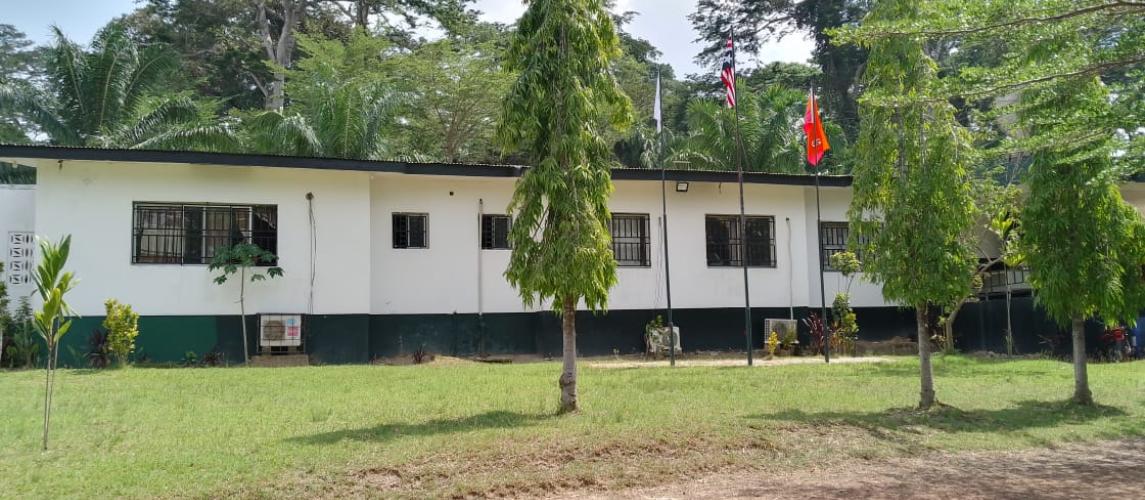Administration

The Structure and Management of CARI
CARI became autonomous per the CARI Act 2016. In this new structure, CARI will have a nine-member governing Board of Directors drawn from 9 institutions as shown in Appendix 1.0. The Board should be expanded to include representatives from the Ministry of Finance and the Ministry of Commerce to give impetus to the market-oriented market envisioned. A highly qualified and experienced Director General with a background in Agricultural Sciences/ Management with over fifteen years of experience should be competitively selected and recommended by the board for appointment. The Director General will be answerable to the Board of Directors. Also, the Deputy Director General, who will be responsible for all research programmes, should have a Ph.D. degree in agricultural sciences/Management with fifteen years of research experience and a distinguished research career accompanied by quality and peer 15 reviewed publications in recognized international journals. He/she should have a proven record of research funds mobilization and research project writing skills, and be answerable to the DG. Heads of programmes will be headed by individuals with a minimum qualification at a Ph.D. level in one of the thematic research areas and a proven research and publications resume. There shall be three Directors (Director of Finance and Administration, Director of Planning, and Director of Project Implementation), all answerable to the Director General.
Human Resources Capacity Human resources are the most vital technical resources in any organization. With the right quantity and quality of manpower, complemented with other required resources, the optimum performance of the system can be guaranteed. Rehabilitating CARI and establishing a national agricultural 17 innovation system were key pillars of the GoL’s strategy for agricultural research in the country. Following the development of its agriculture policy and strategy in 2008, the government embarked on the task of developing the human resource capacity of the sector through the facilitation and provision of scholarship opportunities for its citizens to study in various agriculture and related disciplines abroad. As a result, the national number of full-time equivalent (FTE) agricultural researchers has significantly increased over the last 10 years, in 2020, At least one-half of all FTE researchers had a minimum MSc. qualification in 2020, compared to less than 36% in 2011, indicating the relative success of the human resource capacity building programs that the government and its development partners funded over the period under reference (Stads and Beintema, 2017). The number of female researchers at the National Agricultural Research Institute also increased steadily, by around 16 percentage points, between 2011 and 2020.
